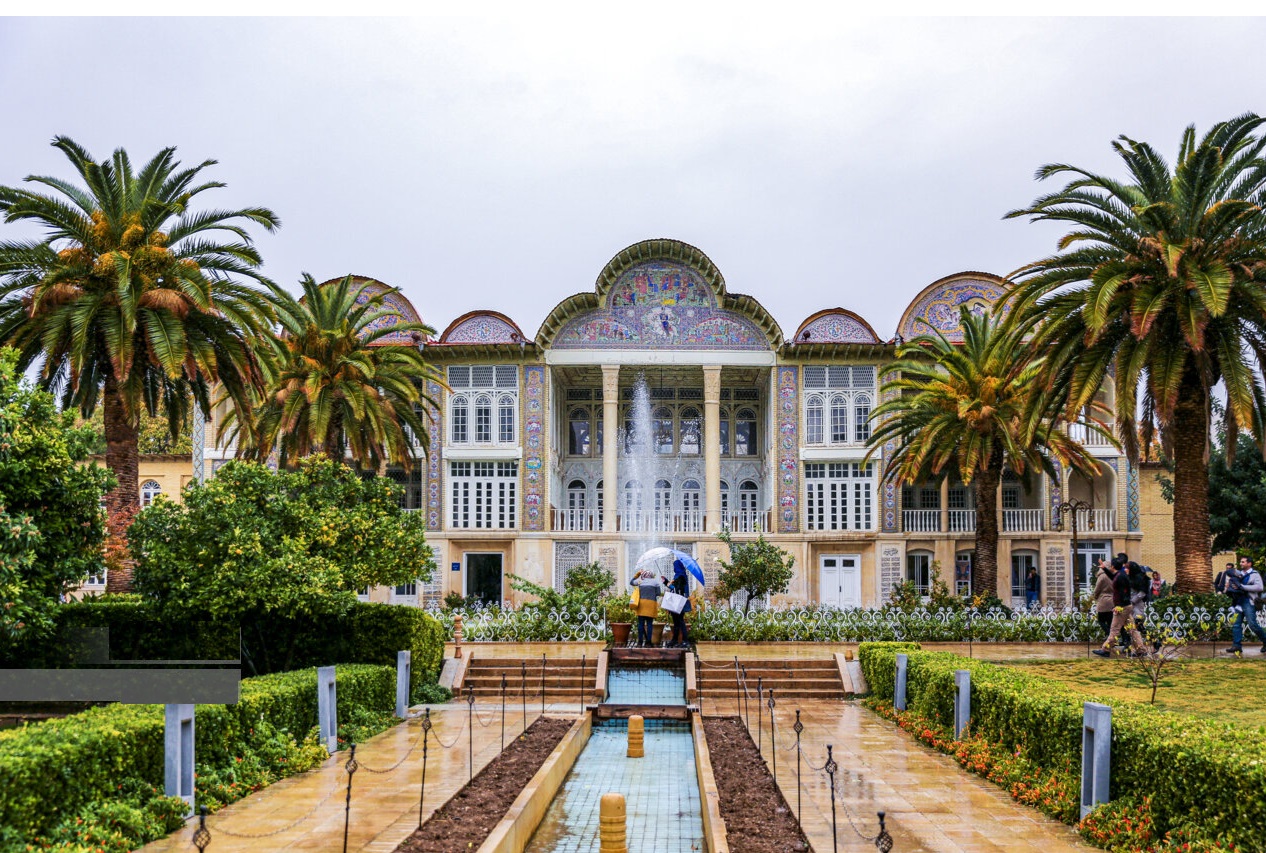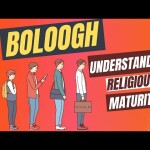In order to get appropriate answer to the question, we need to know what exactly we meant by religion?
What is Religion?
The Arabic word “Deen” which is translated as “Religion” in English is used for several meanings:
(a) “Islam; Belief in unity of God; Worship; Obedience; All the acts of worship; piety;” All these meanings are interrelated and are connected with the belief in Creator.
(b) “Judgment; Reward or Punishment; Account; Order; Law;” These meanings are inter-related and point to the belief in the Life-Hereafter.
(c) The third group of its meanings is: “Custom; character; Habit; Religion revealed and traditional both.’”
The idea behind the word “Deen” is that man, by his nature, has to have a pattern of life based upon some spiritual ideals or ideas which we call ‘belief’.
It appears that the word “Deen” is more comprehensive than the English word ‘’Religion’’ which puts emphasis on only ‘’Human recognition of super-human controlling power and especially of a personal god or gods entitled to obedience and worship, effects of such recognition or conduct of mental attitude, particular system of faith and worship.”
What is the Need of Religion?
There are many reasons why religion is needed for Mankind:
(1) We know that man is a social animal. Every man depends upon millions of people for his life and its necessities. Also we know that every society needs some laws to prevent injustice and preserve the rights of every member of the society. But who is the right authority to make the Law? One man (be he a monarch or a dictator)? No! Because he, instinctively, will look, first of all, after his own interest. A group of people (be it an aristocracy or democracy)? No! Because every one of them is capable of wrong judgment; and a lot of wrong decisions do not add up to a right decision.
(2) Also, it is apparent that no group of people disengage itself from self-interest. For example, in colonial days the assemblies and councils of colonies were enacting laws to suit the interest of the White rulers. Now, the same institutions (but with different members) are making laws keeping in view the interest of the local population. Self-interest was, and still is, the key word of legislation in the whole world.
(3) Moreover, no man or group of men is in a position to make a comprehensive law based on perfect equity and justice.
So it is necessary that the laws should be made by someone who is superior to man, who has nothing to lose or gain by that law and with whom every man has equal relation. and that one is "Allah". Hence we need the religion
(4) Moreover, all the man-made laws and customs have a very serious defect: they cannot stop crime. This defect makes their existence somewhat superfluous. A thief enters an unoccupied house, in a remote village at dead of night for stealing some valuables. He knows perfectly well that there is no watchman, CCTV camera or anyone who can stop him stealing. He feels perfectly safe from being detected. Is there any law of government which can stop him from committing the crime? The answer is, certainly, "NO".
No Individual or government can stop the said person from stealing, but Religion can.
Indeed Religion, teaches that there is a God, Who knows everything and sees everything; who is Just and Virtuous Himself, and wants us to be just and virtuous; that we are responsible for our deeds in His eyes, and we have to give account of our deeds to Him after our death. If a person believes in it, then (and only then) he can restrain himself from committing sins and crimes and inflicting injustice upon other people.
Laws of government can control the external affairs of a man and even that only at a time and place where its hands can reach. But the belief in God controls not only the external acts but hidden desires and inner thoughts also.
This control is not confined to any particular place or any limited time, because God is omnipresent and omniscient
(5) To realize fully the unquestionable benefits which the society derives from the belief in God and religion, try to think about the chaos and turmoil which the mankind will certainly plunge into if the belief in God is put aside. There will not be any society. Instead, there will be a multitude of people. In such atmosphere every individual is at liberty to do whatever he wishes. He thinks there is no God and no life hereafter, and he has come into being by the chance of a blind nature; and he also knows that the span of life is very short. So he naturally will be overcome by the desire to enjoy this life as much as possible without any regard to anything else. His only consideration will be to avoid being caught red-handed or detected by the government law. And whenever he will feel safe he will not stop at any crime to fulfill his desire, how much heinous that desire may appear to others.
Question: Even an atheist may lead a life which is morally as perfect as that of a follower of religion. So what is the need of religion?
Answer: It is a fallacy, to think that the moral life of an atheist is without any obligation to religion. Because those moral thoughts have been bestowed upon him by no other factor but religion. Religious moral teachings have been ingrained in human mind for thousands of years. They have been bestowed from father to son (heredity) and from friend to friend, (environment). These moral values have become inseparable from his conscience. But what is conscience? It is but the religious and moral thoughts which have come to him from his religious forefathers, and now he cannot escape from them. Conscience is based upon the moral teaching of religion. How can the conscience survive, when those teachings of religion are routed out of the humanity as a whole?
Anybody who ponders deeply upon this point will come to the conclusion that no morality can hold is ground, if separated from belief in God and religion.











